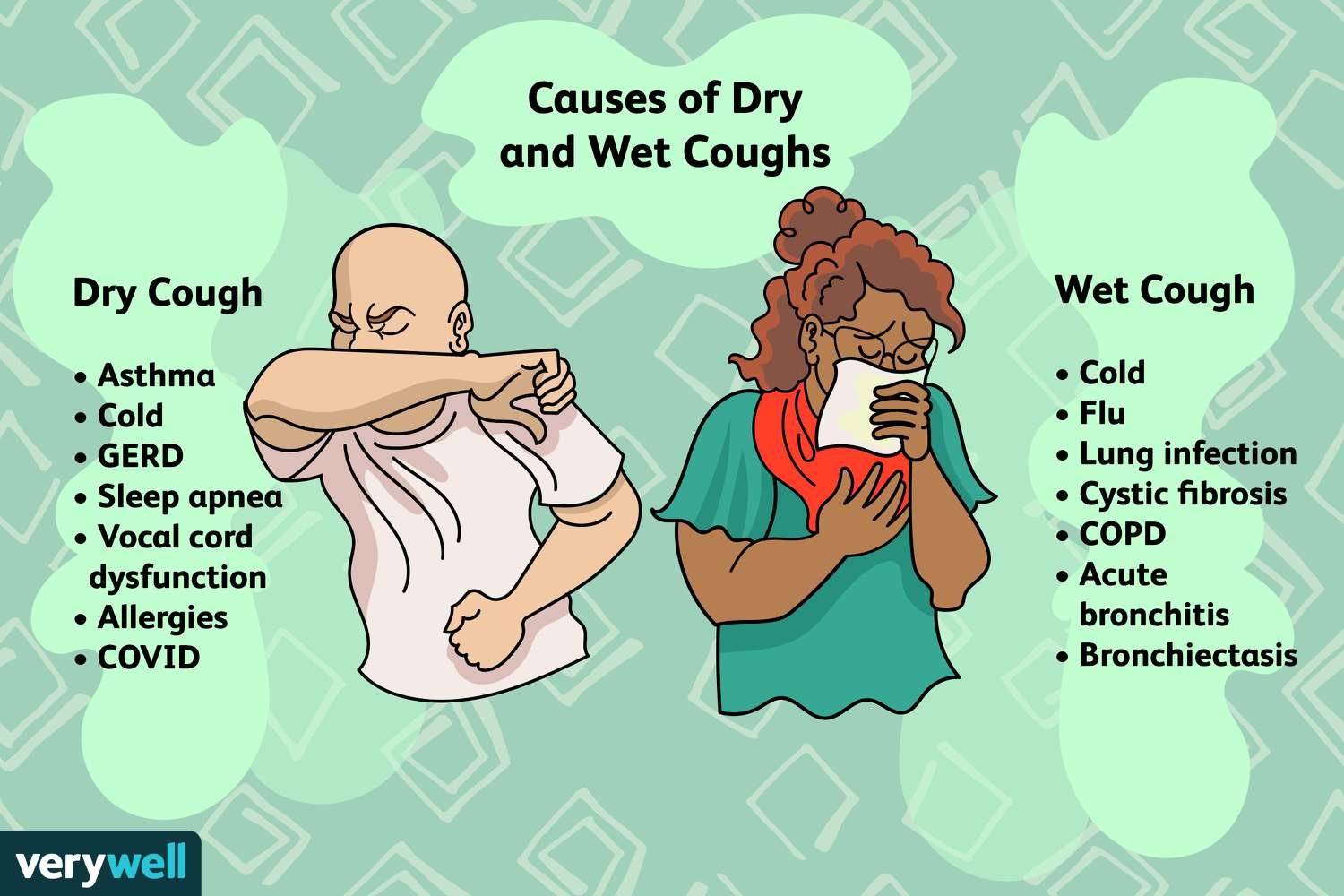As coughs become prevalent during this time of year, it’s important to differentiate between common causes and potential signs of a more serious condition. GP Dr. Rachel Ward provides insights into various types of coughs and their possible causes:
- Colds and Flu
- Symptoms: Sore throat, headaches, muscle aches, cough, sneezing, raised temperature.
- Cause: Viral infection affecting nose and throat membranes.
- Treatment: Rest, hydration, pain relievers (paracetamol, ibuprofen). Antibiotics are ineffective.
- Chest Infection
- Symptoms: Chesty cough, yellow/green mucus, wheezing, shortness of breath, chest pain, high temperature.
- Cause: Viral or bacterial infection, potentially bronchitis.
- Treatment: Hydration, elevated sleeping position, pain relievers. Antibiotics for bacterial infections.
- Pneumonia
- Symptoms: Wet cough, shortness of breath, chest pain, high temperature, fatigue, wheezing.
- Cause: Bacterial or viral infection, often secondary to another illness.
- Treatment: Fluids, antibiotics. Hospitalization may be required for certain groups.
- Allergy
- Symptoms: Irritating, dry or tickly cough, mucus sensation in the throat.
- Cause: Viruses, allergies, or hay fever leading to thick mucus.
- Treatment: Steroid nasal spray to reduce inflammation.
- Lung Cancer
- Symptoms: Persistent cough, coughing up blood, shortness of breath, shoulder pain, weight loss.
- Cause: Lung cancer, often linked to smoking but can occur in non-smokers.
- Treatment: Early diagnosis is crucial. Options include surgery, chemotherapy, or radiotherapy.
Dr. Ward emphasizes that if a cough lasts more than three weeks or is accompanied by concerning symptoms such as chest pain, weight loss, or coughing up blood, seeking medical advice is essential.



